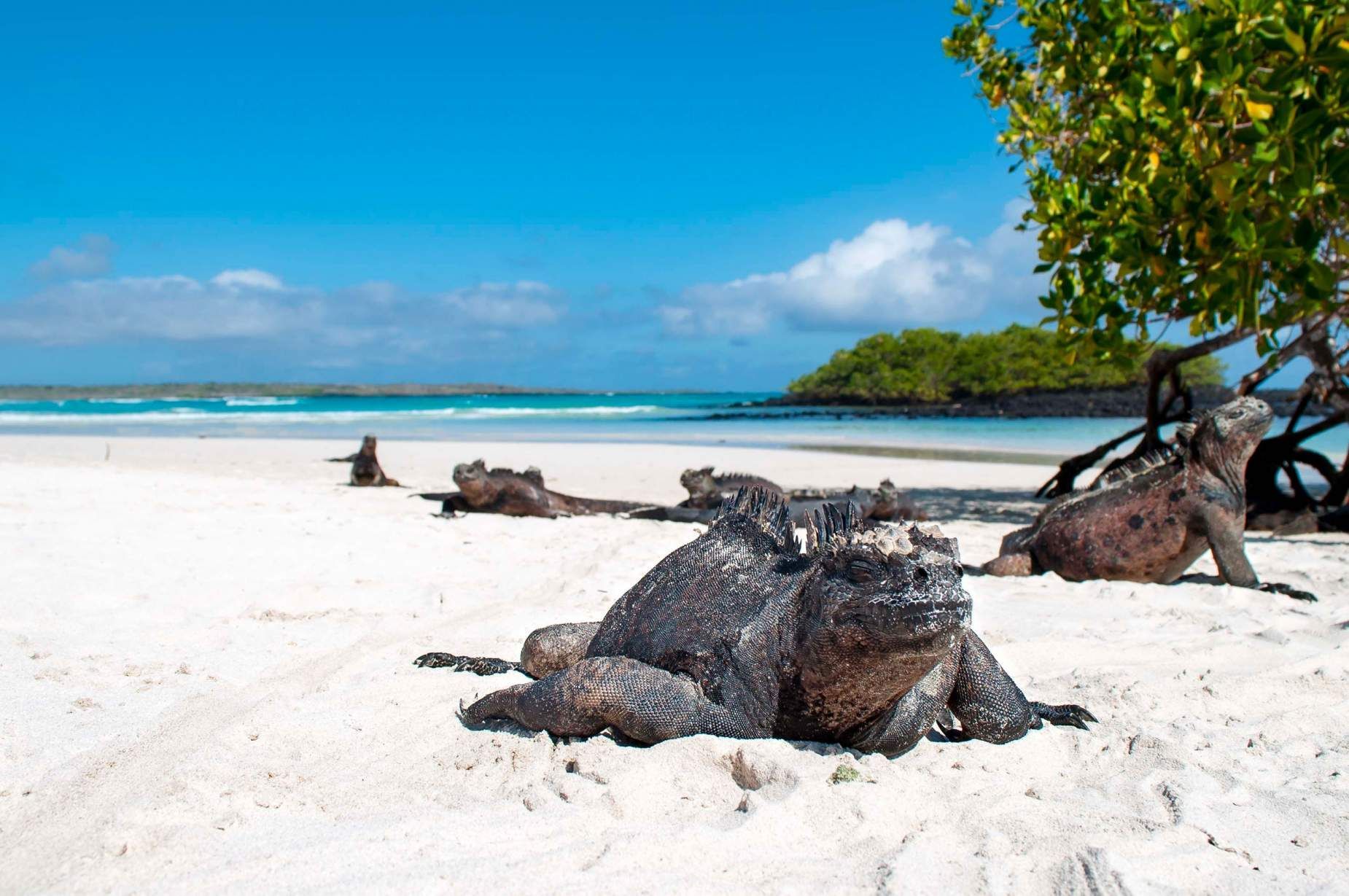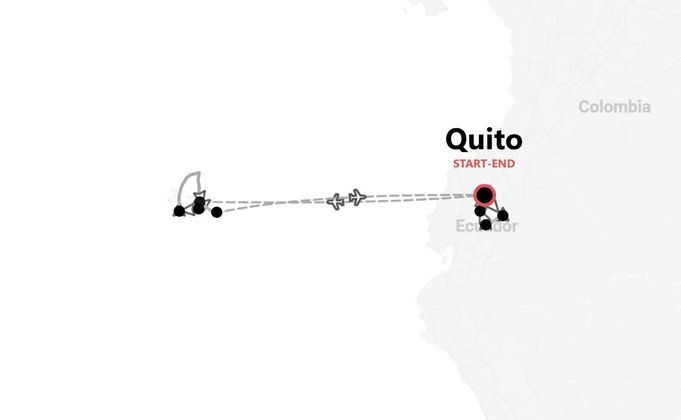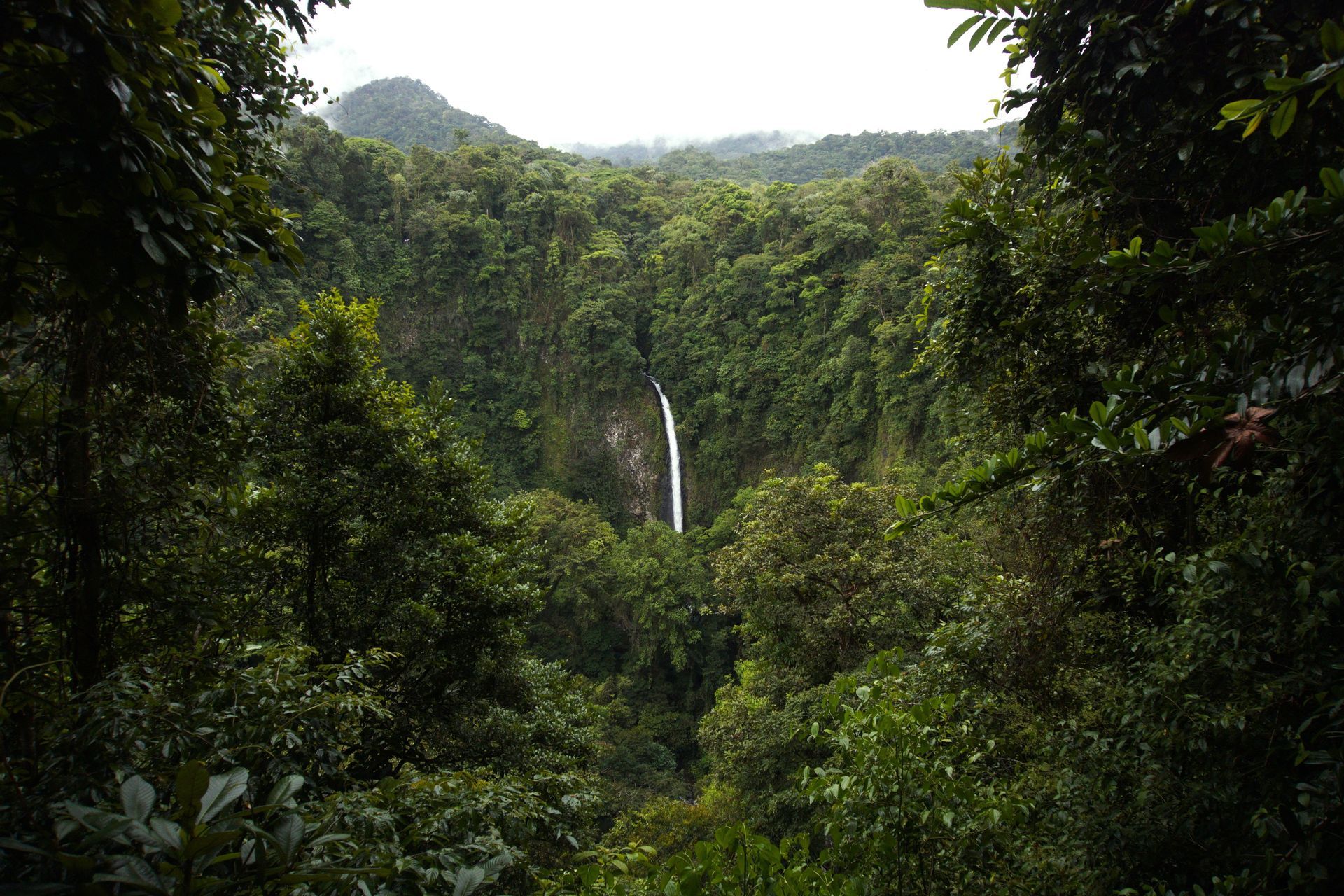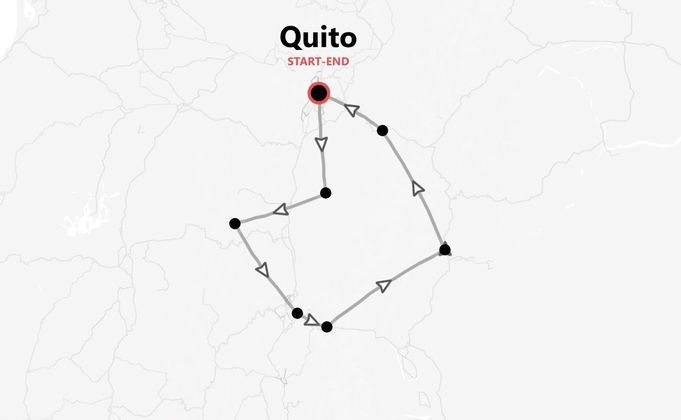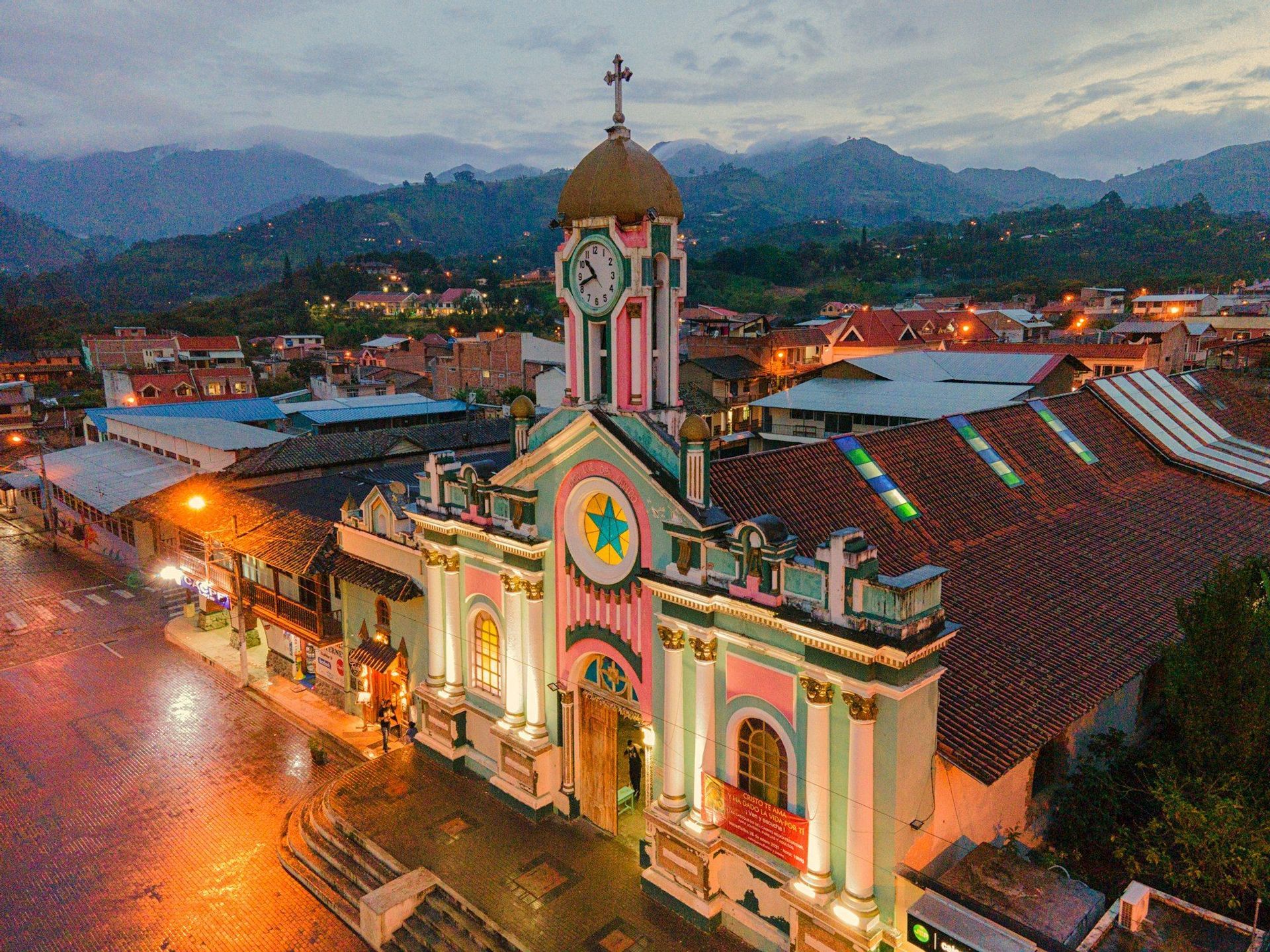
Group trips to Ecuador
Our organized trips to Ecuador
Imagine a country where the Amazon rainforest meets the towering Andes and the Pacific Ocean, all within a day's journey: welcome to Ecuador, a land of extraordinary biodiversity and captivating cultural tapestry. From the unique, ancient life on the Galapagos Islands to the colonial grandeur of Quito's UNESCO Historic Centre, and the vibrant indigenous markets nestled high in the Andean valleys, Ecuador offers a boundless playground for nature lovers and cultural explorers. It's a destination where every turn reveals a new wonder, inviting discerning travelers to immerse themselves in its vibrant landscapes and warm spirit.
FAQs about Ecuador
If you are a UK citizen, to find out the entry requirements for Ecuador, you can check this informational page from our partner Sherpa. If you need a visa, you can apply for it through Sherpa. If you are not a UK citizen, you can still use Sherpa by changing the nationality in the 'Passport' section.
Before traveling, always remember to check the government website of your country of origin for updates on the entry requirements for Ecuador – you wouldn’t want to stay home due to a bureaucratic detail!
- UK residents: review the FCDO Travel Advice.
- US residents: consult the US Department of State Travel Advice.
- Other residents: refer to your government or local consulate's travel advice.
Ecuador is primarily in the Ecuador Time Zone, which is 5 hours behind Coordinated Universal Time (UTC-5). So if it is 12pm in the UK, it will be 7am in Ecuador. If it is 12pm on the East Coast of the USA, it will be 12pm in Ecuador too. However, the Galápagos Islands, which are part of Ecuador, follow Galápagos Time and are 6 hours behind UTC (UTC-6). Therefore, when it's 12pm in the UK, it's 6am in the Galápagos, and when it's 12pm on the East Coast of the USA, it's 11am in the Galápagos. Ecuador does not observe daylight saving time, so these time differences remain consistent throughout the year.
Ecuador uses the United States Dollar (USD) as its official currency. There is no need to exchange currency if you are bringing US Dollars. If you are carrying British Pounds (GBP) or Euros (EUR), you can exchange them at local banks or currency exchange offices. The exchange rates fluctuate, so it's a good idea to check the current rates before you go.
In Ecuador, you can use cash, credit, and debit cards to pay for purchases. Major credit cards are widely accepted in cities, but in rural areas, cash is often preferred. It's a good idea to carry some cash for smaller vendors or markets. ATMs are available in most towns and cities. Remember to notify your bank of your travel plans to avoid any issues with your cards.
Tipping in Ecuador is not mandatory, but it's appreciated for good service. In restaurants, a 10% service charge is often included in the bill. If it isn't, we suggest you leave a 10% tip for good service. For taxis, rounding up to the nearest dollar is common. Hotel staff and tour guides also appreciate small tips for their services. Always check your bill to see if a service charge has been added before tipping extra.
In Ecuador, buying a local SIM card or an e-SIM data plan is a great idea for staying connected, especially if you'll be traveling around. You can get SIM cards from providers like Claro, Movistar, or CNT at airports, convenience stores, or shopping malls. Wi-Fi is generally available in urban areas, hotels, cafes, and some public places, but it might be less reliable in rural regions. If you're planning on using your phone a lot, a local SIM will ensure you have a more consistent connection throughout your trip.
In Ecuador, the official language is Spanish. While traveling around, you might find these useful expressions:
- Hello: Hola
- Thank you: Gracias
- Please: Por favor
- How much?: ¿Cuánto cuesta?
- Excuse me: Perdón
These will help you get around and interact with locals more easily.
In Ecuador, the standard plugs are Type A and Type B, similar to those used in the USA. The voltage is 120V, and the frequency is 60Hz. If your devices are from the UK, Europe, or other regions with different plug types and voltage settings, we suggest you bring a universal adapter and possibly a voltage converter to ensure your electronics work properly.
The main religion in Ecuador is Roman Catholicism. Many Ecuadorians celebrate religious festivals, with Semana Santa (Holy Week) and Christmas being particularly significant. During these times, you might experience processions and religious celebrations across the country. While the country is predominantly Catholic, there is a growing number of Protestant communities as well. The religious influence is evident in many cultural aspects, from holidays to architecture.
Ecuador offers diverse climates, so here's what to put in your backpack to be prepared for anything from the Amazon rainforest to the Andes mountains:
1. Clothing:- Lightweight t-shirts, long-sleeve shirts
- Warm sweater or jacket
- Waterproof jacket
- Shorts, lightweight trousers
- Swimwear
- Comfortable walking shoes
- Sandals
- Hiking boots
- Sunglasses, hat
- Universal adapter
- Camera, smartphone
- Portable charger
- Sunscreen, insect repellent
- Travel-sized shampoo, soap
- Toothbrush, toothpaste
- Basic first aid kit
- Common travel medication like pain relievers, anti-diarrhea pills
Ecuador's weather varies, so be prepared for both warm and cool conditions, especially if you're heading to the mountains.
Ecuador's weather varies greatly depending on the region due to its diverse geography. Here's a quick breakdown:
- Coastal Region: Warm and humid all year, with a rainy season from December to May. Best time to visit is June to November when it’s drier.
- Andean Highlands: Cooler temperatures, with dry and wet seasons. June to September is ideal for visiting due to less rain.
- Amazon Rainforest: Hot and humid year-round, with the wettest months from April to July. Visit from August to December for slightly less rain.
- Galápagos Islands: Warm and dry from June to November, while December to May is warmer and wetter. Both seasons offer unique wildlife experiences.
Each region offers a unique experience, so plan accordingly based on your interests and preferred climate!
